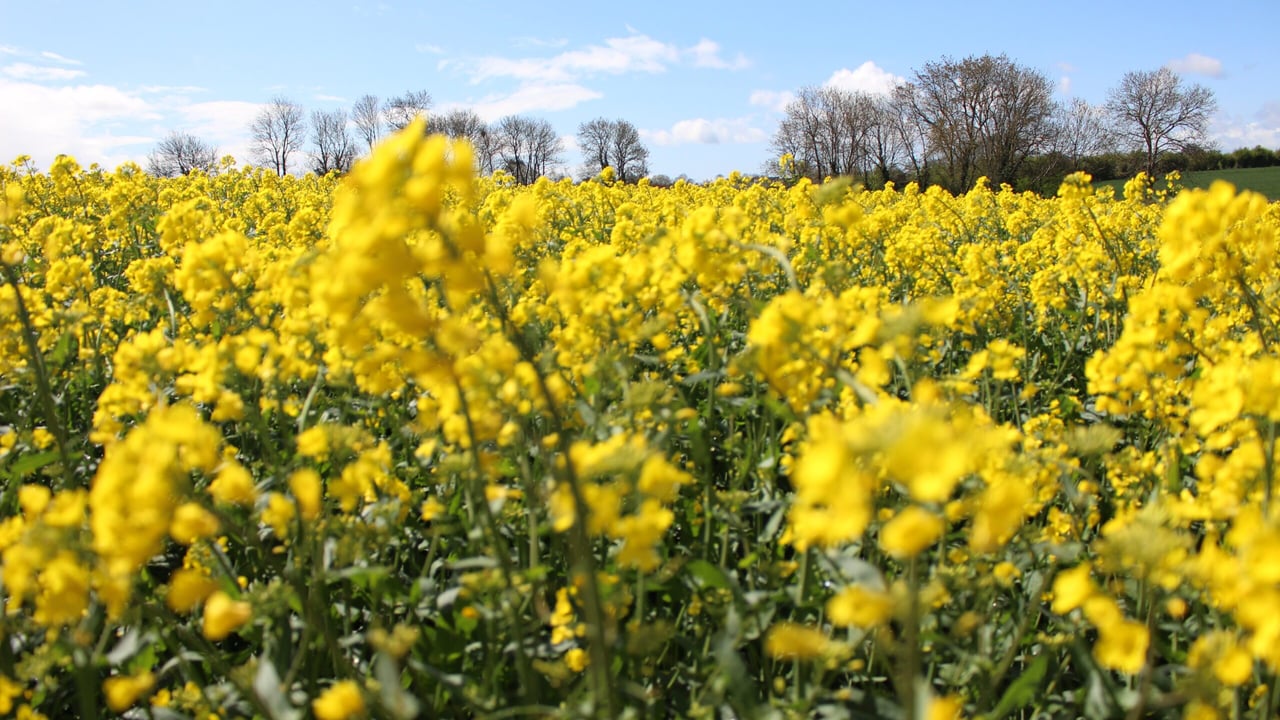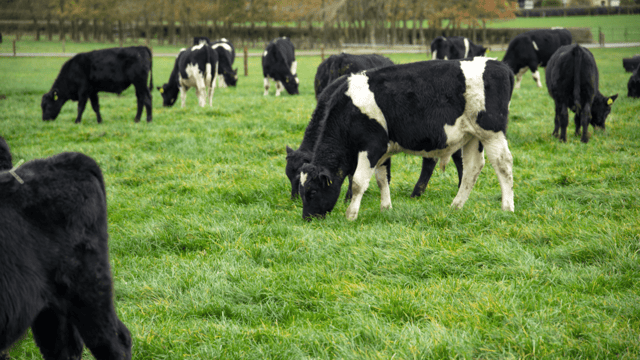EU protein strategy 'has never been more urgent' - Copa
Copa Cogeca, the union of the EU farm organisations and agricultural co-operatives, has said that a new EU strategy for protein crops has "never been more urgent".
Stephan Arens, chair of Copa's Oilseeds and Protein Crop Working Party, said that the recent EU Vision for Agriculture includes renewed ambition to develop a comprehensive plan to address the EU's dependency on protein imports.
Arens said that the two most recent European Commissioners for Agriculture, Janusz Wojciechowski and Phil Hogan, also tried to address the issue.
However, the Copa representative said that the matter can "no longer be delayed despite its complexity".
"Oilseed production is a cornerstone of EU agriculture, ranking as the second most widely grown arable crop after cereals," Arens said.
He added: "Rapeseed and sunflower not only support the EU’s food and animal feed industries, thus helping reduce dependency on imported plant proteins, but simultaneously serve as key resources for renewable energy in transport, directly contributing to decarbonisation and energy independence."
He said that oilseeds play a vital role in sustainable farming by improving crop rotations, storing carbon and providing different sorts of ecosystem services.
"Yet, despite its strategic importance for EU self-sufficiency, safeguarding the sector does not appear to be a priority judging by the gap between words and actions.
"In recent years, Europe’s oilseed sector has been hit by a combination of production challenges and trade disruptions. Climate change has brought about extreme weather conditions, lowering yields and introducing new pests and diseases," Arens said.
He added: "At the same time, EU farmers have lost crucial crop protection tools, leaving rapeseed growers, for instance, with just eight active substances to fight pests, five of which share the same mode of action. "
He said alternative solutions remain scarce, and no new active substances for plant protection have been approved in the past five years.
"Trade dynamics have only added to these difficulties. The war in Ukraine triggered a surge in oilseed imports, while the biodiesel market has been flooded with low-cost and potentially fraudulent biodiesel from China."
Arens said that, following the liberalisation of trade with Ukraine, its exports of oilseeds and related products to the EU doubled from 5.5 million tonnes in 2021 to 11 million tonnes in 2024. While the EU imposed restrictions on products like sugar, no measures were taken on oilseeds imports.
Similarly, with Chinese biodiesel, imports to the EU increased from 600,000t in 2019 to over 1.7 million tonnes in 2023. The EU imposed anti-dumping tariffs at the end of 2024, although Copa said loopholes remain.
"With rising imports suppressing prices and production costs soaring - fertiliser prices, for example, peaked at €1,000/t post-war, now stabilising at €400/t - the outlook for EU oilseed farmers is becoming increasingly fragile," Arens said.
"And if global trade tensions escalate, the situation could worsen.
"All this leads us to an important paradox. Despite its strategic importance, the outlook for the EU oilseeds sector is increasingly precarious. And with global trade uncertainties mounting, particularly in light of a second Trump administration, the situation could deteriorate even further," Arens said.
"The second Trump administration is sending shockwaves through the markets. Canada, the world’s third-largest oilseed exporter, ships over 3.2 million tonnes of oilseeds and related products to the US each year," he added.
Copa believes that if Trump imposes a 25% tariff on Canada, much of this surplus could be redirected to the EU, intensifying pressure on European producers.
The EU cannot afford further strain on its oilseed production. Urgent measures are needed to ensure both the availability and affordability of essential production tools while mitigating trade risks.
"The complexity of the issue means there is no unique solution. Instead, a range of targeted policies will be required to support the sector effectively," Arens said.
"The commission must base its upcoming protein strategy on the right assessments and deliver concrete, actionable proposals that translate into real impact on the ground," he added.
"In my opinion, for this strategy to be successful, it must also focus on one of the greatest contributors to European plant protein production - oilseed meal, a crucial by-product of a biofuel policy centered on sustainability," the Copa representative said.





